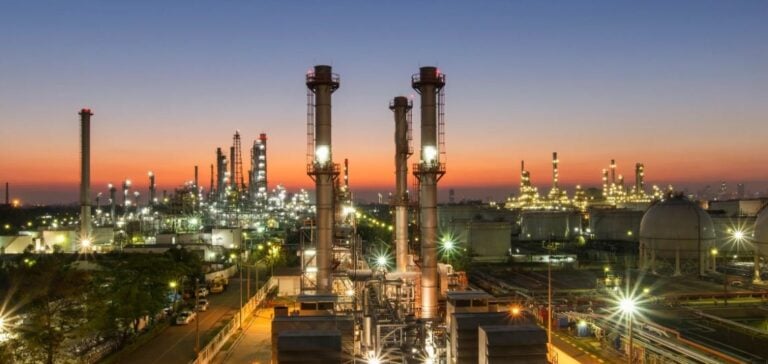Global oil demand recorded a slight increase in 2024, reaching 102.9 million barrels per day (mb/d), according to the International Energy Agency’s (IEA) monthly report. This growth, revised upward by 90,000 barrels per day, results from several favorable factors, including cold temperatures in the northern hemisphere, lower fuel prices, and an abundance of petrochemical feedstocks.
The IEA estimates that this trend could continue in 2025, with global demand expected to reach 104 mb/d, an increase of 1.05 mb/d compared to the previous year. However, this pace remains modest compared to the increases of more than 2 mb/d seen in 2022 and 2023, signaling a slowdown in global consumption dynamics.
Impact of US Sanctions on Supply
Global oil supply is under pressure due to economic sanctions imposed by the United States on Russia. According to the IEA, these measures could disrupt crude oil supply flows, particularly if reinforced under the administration of US President Donald Trump.
Additionally, speculation about a tougher US stance on Iran’s oil exports is fueling uncertainty in the sector. The agency also warns that unfavorable weather conditions in North America could lead to a drop in production, further exacerbating supply tensions.
Mechanisms to Stabilize Markets
Despite these challenges, the IEA remains optimistic about the ability of stocks and producers to mitigate potential disruptions. Increased production from non-OPEC+ (Organization of the Petroleum Exporting Countries and its partners) countries could offset some of the losses. Furthermore, the possible lifting of OPEC+ production cuts could provide enough surplus to meet growing demand.
This combination of factors, according to the IEA, should allow the global market to navigate these turbulences while maintaining a relative balance between supply and demand.





















